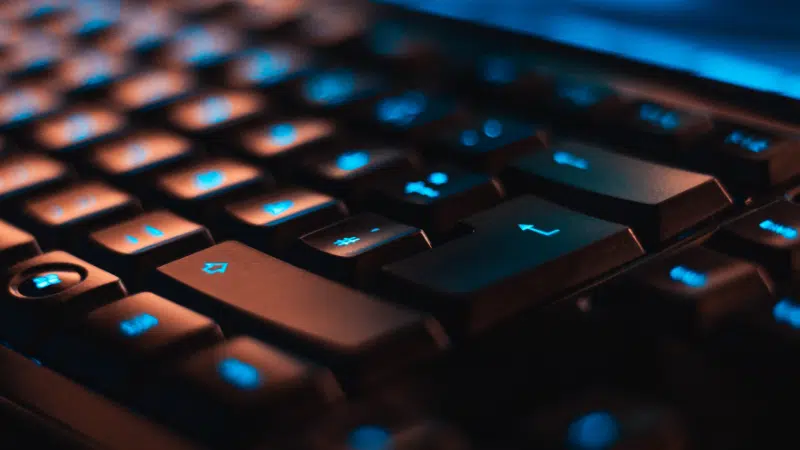Over the past year, Twitch has been particularly harsh against its users for past and present instances of copyright infringement. Creators have been, at the very least, frustrated. Twitch finally released an honest explanation of what’s been happening behind the scenes and what they’re doing to rectify the issue moving forward.
What Twitch Is Doing About Their Music-Related Copyright Issues
Here’s what you should know...
When a copyright holder thinks a streamer has used their content without permission, Twitch has a process in place for them to be able to request that content be taken down. — When Twitch receives a notification this, they have to process it according to official DMCA (Digital Millennium Copyright Act) Guidelines.
According to those guidelines, they’re required to remove the content, share these details with the channel owner, track down the source of the allegation, and issue copyright strikes and/or ban the accounts of those who have infringed on said copyrights.
Back in June, Twitch announced they’d received “a sudden influx of Digital Millennium Copyright Act (DMCA) takedown requests for clips with background music from 2017-19″. When this happened, they panicked. In response, they started taking down accounts left and right giving little explanation as to why.
As you can imagine, this frustrated and angered many unsuspecting creators.
[bctt tweet=”Now after all the chaos, Twitch has finally issued an explanation and apology via their blog. ” username=”symphonicdist”]
“Under these extraordinary circumstances, we recognized creators should have a reasonable chance to understand that content created in the past was being targeted as allegedly infringing and be given an opportunity to change their approach to music use before they got hit with strikes.”
“You’re rightly upset that the only option we provided was a mass deletion tool for Clips, and that we only gave you three-days notice to use this tool. We could have developed more sophisticated, user-friendly tools awhile ago. That we didn’t is on us. And we could have provided creators with a longer time period to address their VOD and Clip libraries – that was a miss as well.”
They also clarified that, “We continue to receive large batches of notifications, and we don’t expect that to slow down… This means two things: 1) if you play recorded music on your stream, you need to stop doing that and 2) if you haven’t already, you should review your historical VODs and Clips that may have music in them and delete any archives that might.”
What happens now?
Moving forward, Twitch aims to be clearer about what’s going down behind the scenes and to give better notice of issues as they happen instead of after the damage has been done. In their post, they gives notes on how how to avoid these DMCA notifications, the newly implemented products and tools, and ways for creators to stay educated about copyright issues like these and learn to avoid them in the future.
To learn more, visit the official announcement here.

